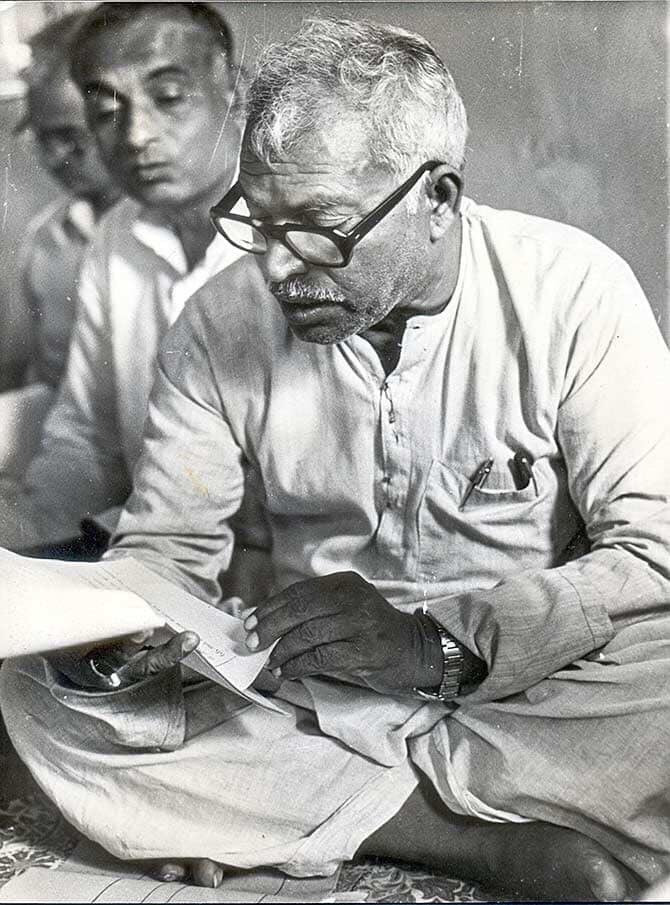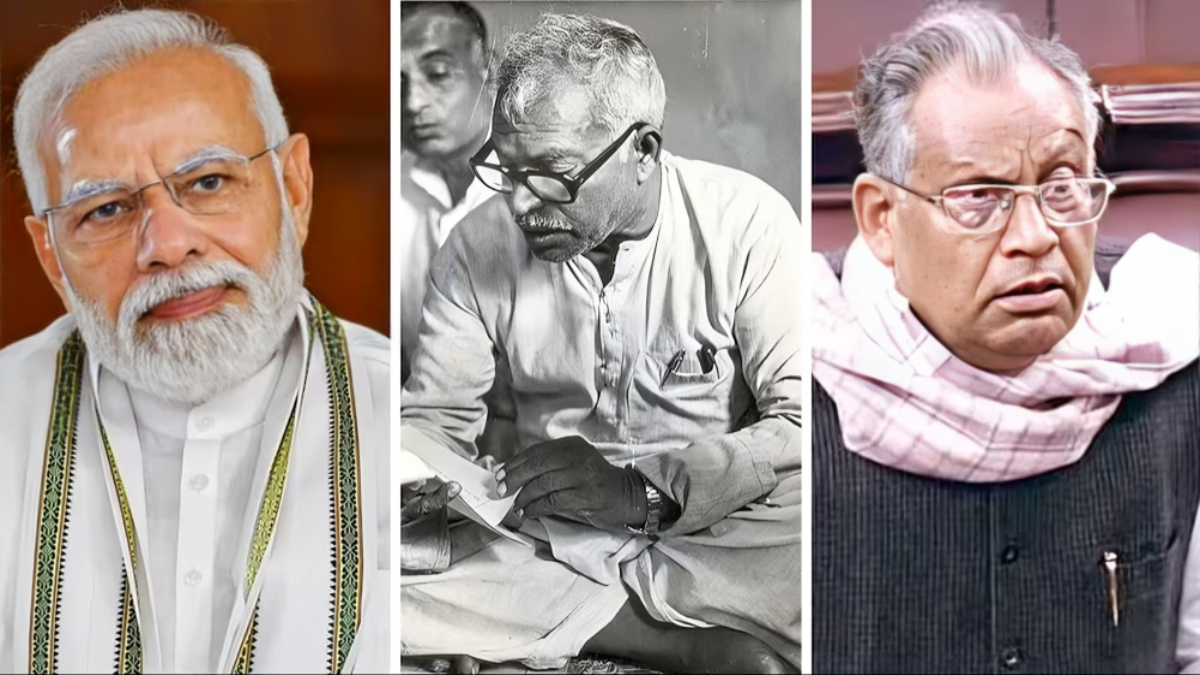The Bharat Ratna, India’s highest civilian award, will be posthumously bestowed upon Karpoori Thakur, the former Chief Minister of Bihar, on the occasion of his 100th birth anniversary. The Janata Dal United (JDU) had previously urged the government to confer this prestigious honor upon Thakur. Following the announcement, the JDU has expressed its gratitude to the Modi government. The official statement regarding this decision was released from Rashtrapati Bhavan.
The Government of India has proudly declared that the late Karpoori Thakur, a trailblazer in the pursuit of social justice and a source of inspiration in Indian politics, will be posthumously awarded the country’s highest civilian honor, the Bharat Ratna. This prestigious recognition serves as a tribute to Thakur’s lifelong dedication to uplifting marginalized communities and his unwavering commitment to achieving social justice. As we approach Thakur’s 100th birth anniversary, the Janata Dal United (JDU) has expressed their gratitude to the Modi government for fulfilling their demand to honor Thakur with the Bharat Ratna.
The result of a 36-year-long penance has been obtained.
Ramnath Thakur, the son of Karpoori Thakur, expressed his gratitude towards the government on behalf of our family and the 15 crore people of Bihar, acknowledging that we have reaped the rewards of 36 years of dedication and sacrifice.

Who was Karpoori Thakur?
Karpoori Thakur was born in the village of Pitoujhiya in Samastipur district. He completed his matriculation examination from Patna in 1940 and actively participated in the freedom movement. Karpuri Thakur chose to align himself with Acharya Narendra Dev and later embraced the path of socialism. In 1942, he joined Gandhi’s non-cooperation movement, which ultimately led to his imprisonment.
Upon his release from jail in 1945, Karpoori Thakur gradually emerged as a prominent figure in the socialist movement. The primary objective of this movement was to eradicate caste and social discrimination prevalent in society, while also striving for independence from British rule. The movement aimed to secure a dignified life for the Dalits, backward classes, and the underprivileged.
In 1952, Karpoori Thakur achieved his first milestone by becoming an MLA. He won the Tajpur assembly constituency as a candidate of the Socialist Party. In the 1967 Bihar Assembly elections, under the leadership of Karpoori Thakur, the United Socialist Party emerged as a significant force. This resulted in the formation of a non-Congress party government in Bihar for the first time.
When Mahamaya Prasad Sinha assumed the position of Chief Minister, Karpoori Thakur was appointed as the Deputy Chief Minister and entrusted with the responsibility of the Education Ministry. As the Education Minister, Karpoori Thakur made significant changes by eliminating student fees and removing the requirement of English. Eventually, due to the shifting political landscape in Bihar, Karpoori Thakur himself became the Chief Minister. During his tenure, which lasted for six months, he abolished revenue on unprofitable fields for farmers, waived revenue on land holdings below 5 acres, and granted Urdu the status of a state language. These actions propelled his political influence to new heights, establishing Karpoori Thakur as a prominent figure in the realm of socialism within Bihar’s political arena. Even prior to the Mandal movement, while serving as Chief Minister, he had already implemented a reservation policy of 27 percent for backward classes. His political mentors were Loknayak Jaiprakash Narayan and Ram Manohar Lohia.

